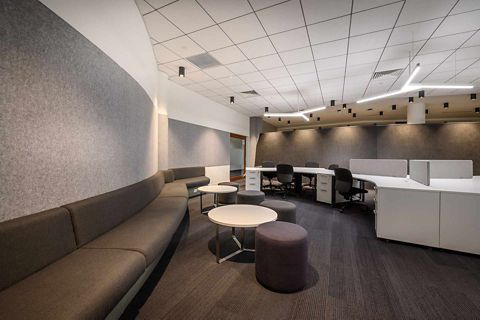Vietnam country commitment
This country commitment explains the actions RMIT Vietnam will take for the years ahead to fulfil our promises and societal responsibilities.
Who we are
Find out more about our history, strategy, values and commitments.
Research
RMIT Vietnam works with our research partners to develop and apply knowledge, in order to shape a better world.


